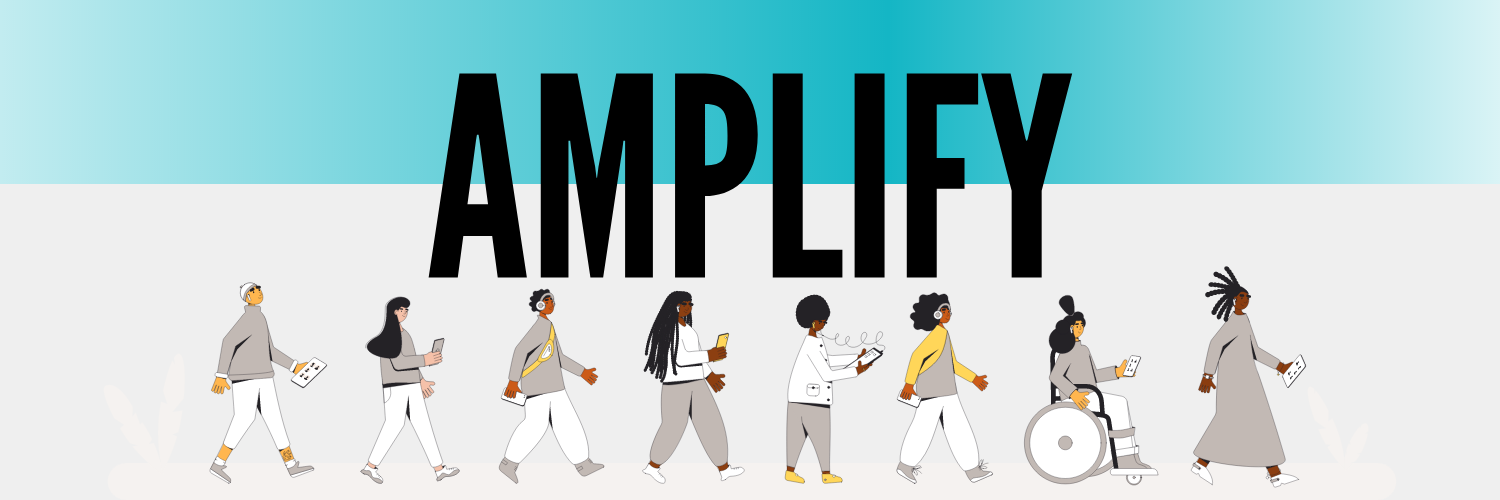Earlier this year, ACT | The App Association’s Amplify Diverse Talent Working Group hosted Access to Capital: The Issues, part one of a two-part webinar series focused on the unique challenges BIPOC (Black, Indigenous, and People of Color) entrepreneurs in the app economy face as well as group responsibility to help create a more equitable environment for all entrepreneurs. We discussed the racial wealth gap and how social capital is directly related to the success of a business, the impact of pattern matching bias at the venture capital (VC) level, and the major lending issues that BIPOC entrepreneurs face at financial institutions. You can learn more about this webinar and watch it in its entirety here.
Continuing this series, the Amplify Diverse Talent Working Group hosted a part two, Access to Capital: The Solutions, earlier this month. The second half of the series aimed to answer some of the lingering questions from part one and to discuss emerging and existing opportunities and programs available to help BIPOC entrepreneurs overcome the unique challenges faced when starting a business in the app economy. The Consumer Financial Protection Bureau’s (CFPB) Albert Chang, provided opening remarks and stressed the importance of empowering BIPOC and women entrepreneurs, who are our nation’s job creators.
“Small businesses play a vital role in job creation, and we’re responsible to ensure those businesses have access to capital.” – Albert Chang, Senior Counsel, Office of Innovation, CFPB
After opening remarks Castleigh Johnson, founder and CEO at App Association member company My Home Pathway, kicked off the panel with the story of his social impact business and how the My Home Pathway app empowers Black and Brown home buyers and helps create a more equitable environment.
“Home ownership is at the corner of wealth in America. We are working to fight the notion that Black folks are “risky” lenders so we can help build their wealth. My Home Pathway moves the needle and gets people the access to capital they need. We’re creating a win-win for consumers, lenders, and the entire economy.” – Castleigh Johnson, Founder and CEO, My Home Pathway
Chris Sims, of member companies CAVU and Sigao Studios, echoed Castleigh’s sentiments on equity, calling on all businesses and people to help create an equitable environment for BIPOC entrepreneurs in the app economy. Chris also talked about the importance of diverse viewpoints when it comes to problem solving, an everyday task for developers like Chris and the team at Sigao Studios.
“As a relatively small dev shop, I wanted to solve complex problems. Part of solving those real human problems is connecting a diverse group of people, with different points of view and experiences, to solve those problems.” Chris Sims, CEO, Sigao Studios
We were also joined by Danyelle Soloman, director of justice reform & racial equity policy at Microsoft, who was able to provide our panel with the latest insights and programs Microsoft rolled out to help empower BIPOC entrepreneurs, including the Racial Equity Initiative. Microsoft’s Racial Equity Initiative combines financial investments, technology, and intellectual capital in an effort to make meaningful progress to drive systemic change in the United States.
“Microsoft has been extremely intentional with our work. Our resources have been used to direct change in society that we want to see, particularly with our SOAR Fund, which is a $150M + investment in small businesses across 15 southern states.” Danyelle Soloman, Director of Justice Reform & Racial Equity Policy, Microsoft
We look forward to more discussions around diversity, equity, and inclusion within the app economy. If you would like to learn more about these events or become involved in future panels, webinars, and events, you can email Caitlin Irr at [email protected].
You can stream the entire panel it its entirety below.
